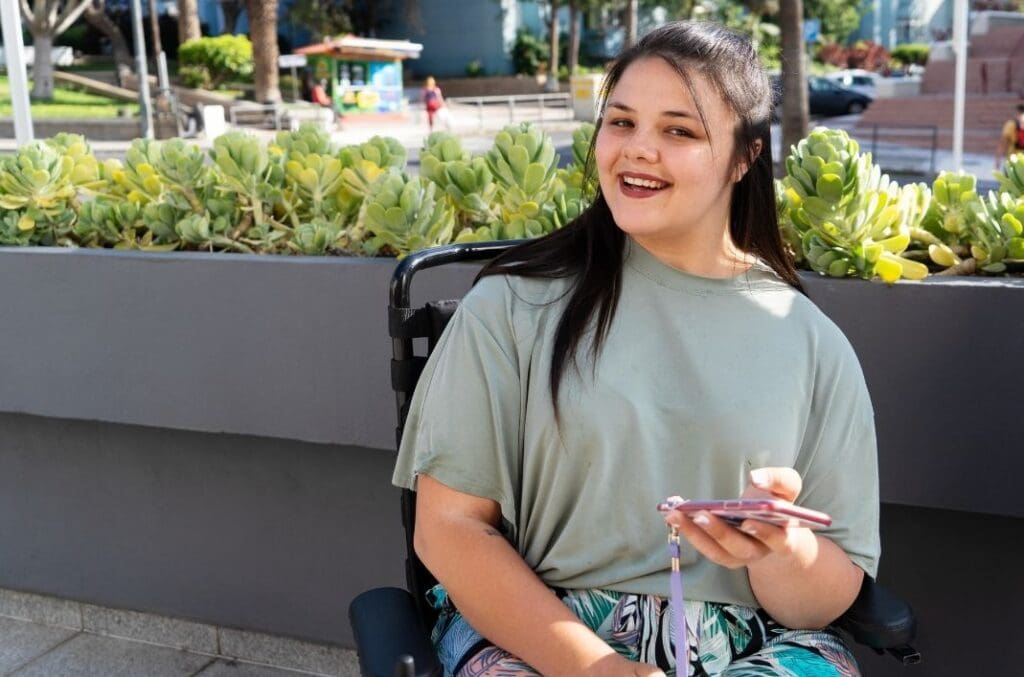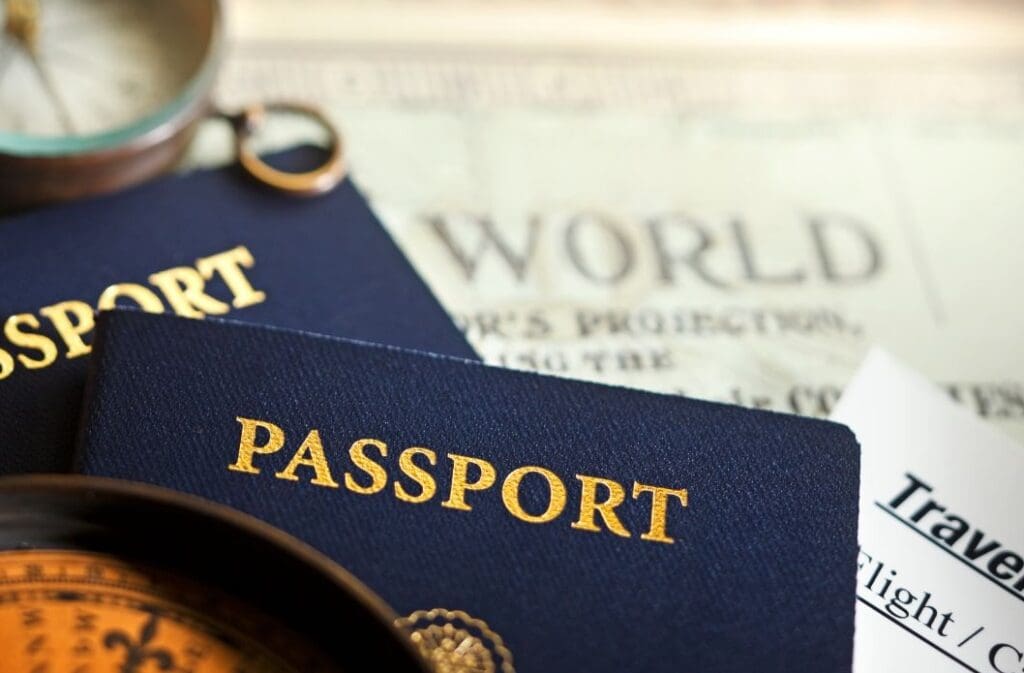Planning a holiday can be a thrilling and challenging experience, especially when it involves ensuring the comfort and safety of a young adult with a disability.
With the right approach, holidays for disabled young adults can be just as enriching and enjoyable as any other.
This means that with the right assistance, you can have a stress-free holiday thanks to a care-assisted trip.
This guide aims to walk you through how to plan a young adult disability holiday, ensuring an accessible, relaxing, and memorable trip for everyone involved.
From assessing individual needs to arranging care support and choosing suitable destinations, every step is crucial.
This approach means holidays for the disabled can be easier than they once were, with more thought placed on the individual and relieving the pressure on the carer.
1. Access Their Individual Needs

When planning a holiday for a young adult with a disability, understanding their unique needs is paramount.
Start by assessing their medical, mobility, and daily living requirements to ensure the holiday is not only enjoyable but also safe.
Accessibility needs, such as wheelchair access or special dietary requirements, should be at the forefront of your planning.
It’s equally important to consider what support they’ll need for various activities, whether that’s assistance with personal care or navigating new environments.
Engaging with the young adult about their preferences and interests can also lead to a holiday that resonates more personally with them, making the experience enriching and fulfilling.
2. Arrange Care Assistance for Holidaying
For many families, the idea of arranging a holiday might seem daunting due to the level of care their loved one needs. This is where considering a live-in carer can be a game-changer.
A professional carer can provide the necessary support, allowing the family to enjoy their time together without the constant worry of care needs.
Engage in conversations with potential care providers early, ensuring they understand the specific needs and preferences of the young adult.
This preparation can make a world of difference, offering peace of mind to everyone involved and making the holiday experience smoother and more enjoyable.
3. Consider the Best Way to Travel

Selecting the right mode of transport is crucial in making the holiday comfortable and accessible. Investigate various options, keeping the young adult’s mobility and comfort in mind.
Airlines, train services, and coach companies often offer special assistance services, but it’s essential to communicate your needs clearly and in advance.
Planning the travel itinerary with extra time for breaks and ensuring accessibility features at each juncture will contribute to a more comfortable journey for the young adult.
4. Research Holiday Destinations
Choosing the perfect holiday spot for a young adult with disabilities isn’t just about finding a destination; it’s about discovering a place where everyone can feel relaxed and included.
When you’re on the hunt for such locations, prioritise those that are celebrated for their accessibility.
This includes places with accommodations that are wheelchair-friendly, transport options that cater to various needs, and activities that welcome everyone, regardless of ability.
Research reviews and testimonials from other families and carers who have navigated holidays with similar requirements.
These insights are invaluable, offering a genuine peek into what you can expect – from the accessibility of local attractions to the helpfulness of staff and the ease of getting around.
5. Prepare Documents for Traveling with Accessibility Equipment

Travelling with accessibility equipment necessitates additional preparation. Ensure all equipment is in good working order and clearly labelled with the young adult’s details.
Compile a comprehensive pack of documents, including medical records, prescription details, and insurance information.
Understanding and adhering to the policies of transportation providers regarding accessibility equipment will help avoid any issues during the journey.
6. Book Your Holiday
With all your meticulous planning and preparation in place, you’re now ready to book your holiday.
It’s an exciting phase where all your efforts start to come together. Take a moment to confirm all your reservations, from cosy accommodations that promise a home away from home to activities that are bound to spark joy and excitement in the young adult.
It’s crucial at this stage to double-check that every aspect of your holiday is fully accessible and delivers a fantastic experience.
Don’t shy away from reminding service providers about any specific needs or accommodations your young adult requires.
Clear communication can pave the way for a seamless arrival and a comfortable stay.
Also, consider the peace of mind that comes with choosing a travel insurance policy tailored to cover medical necessities and protect against the loss or damage of any essential equipment.
This isn’t just about being cautious; it’s about ensuring that you can enjoy every moment of your holiday, worry-free.
Organising a holiday for a young adult with a disability might seem like a daunting task, but with the right support and planning, it can lead to an unforgettable experience filled with joy and relaxation.
If you’re considering extra support to make this holiday as smooth and enjoyable as possible, don’t hesitate to contact us for further information regarding carer-assisted holidays.